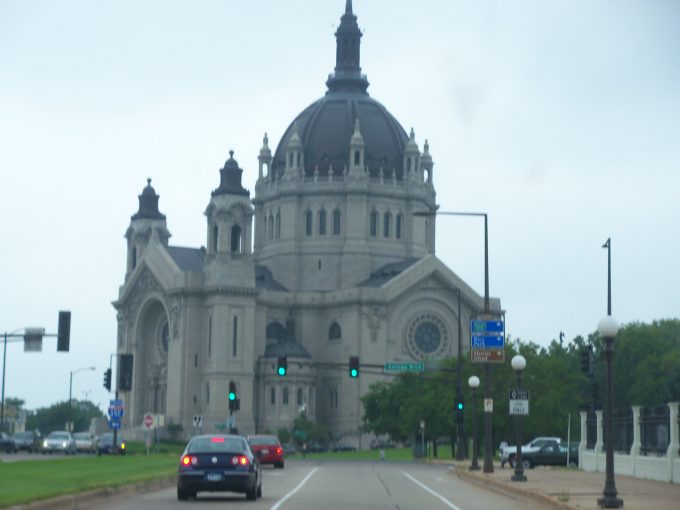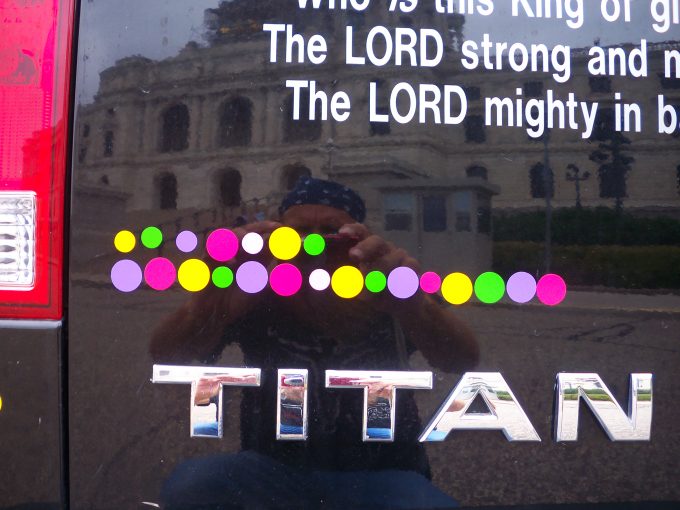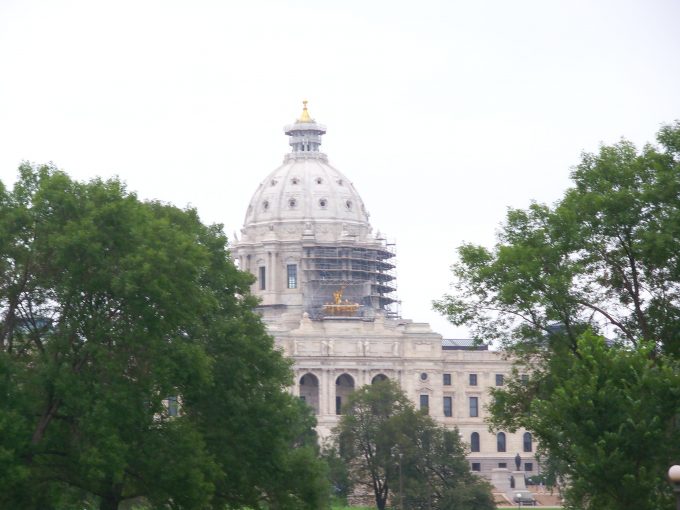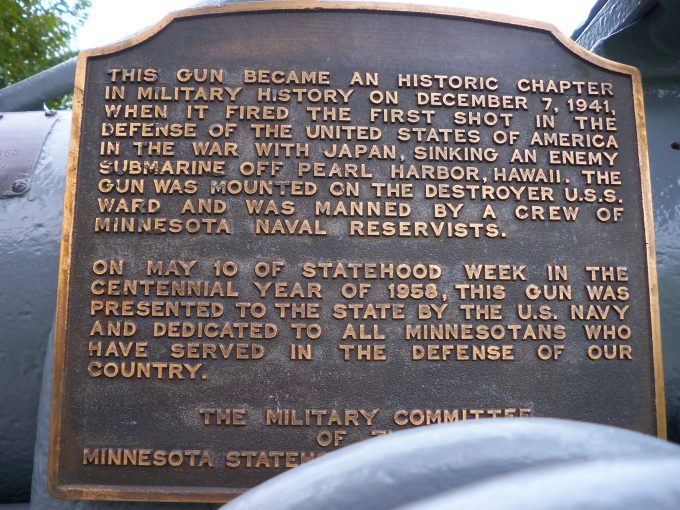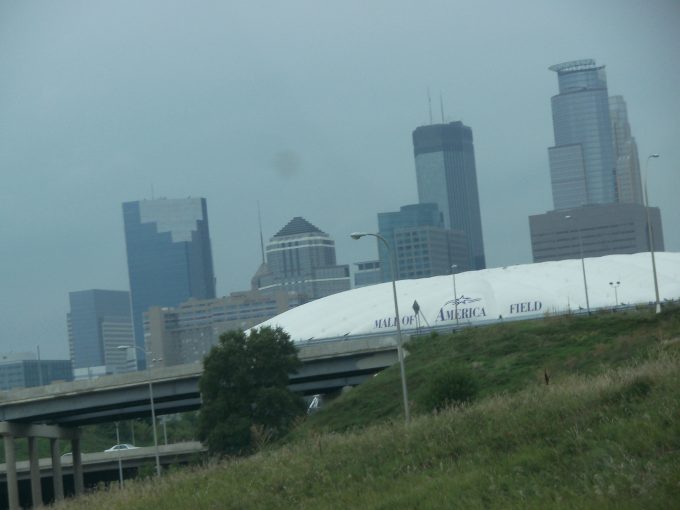
Tuesday, 22 August 2017
But let us who are of the day be sober, putting on the breastplate of faith and love, and as a helmet the hope of salvation. 1 Thessalonians 5:8
Paul, using the metaphor of “those who get drunk are drunk at night,” from the previous verse now contrasts that with the expected life of the believer. He says, “But let us who are of the day be sober.” As noted, getting drunk is equated with a spiritually immoral condition. Paul doesn’t say that we cannot be in such a state. Rather, he exhorts that we should be otherwise. Christians are to have a complete break with the life-attitude and conduct of those who have not come to Christ. In order to accomplish this, he next gives two more metaphors to guide us.
First, he says, “putting on the breastplate of faith and love.” The words “putting on” give the idea of vigilance. The guard “puts on” his gear in anticipation of that which is certain to come. Adorned in these things, he is then to watch. Why? The reason is because he doesn’t know “the times and seasons” mentioned by Paul in verse 5:1. The guard is to stand ready at all times, not be asleep at night nor get drunk at night. “The breastplate of faith and love” is a protection. In Ephesians 6, Paul exhorted believers there to put on “the breastplate of righteousness.”
In our watchful state, we are to have defensive protection which is based upon who we are in Christ. Faith is our strong defense against the wait. It may be a long time; it may be a time of trial and persecution; it may be a wait which encompasses an entire life of ill health or disability. But we are to defend against the attacks of the world with faith. When we stand in God’s goodness, and upon His word, we will be able to endure whatever blows we may face.
Added to that is love. Paul’s discourse concerning love in 1 Corinthians 13, along with his many other references to it, can teach us how this should be realized in each of us. Suffice it to say that this is love of God and of man, and it is love from God and from man. We are to live in this state of love in order to protect ourselves from whatever attacks we may face.
Finally, Paul says, “and as a helmet the hope of salvation.” Paul retains the same metaphor that he used in Ephesians 6. The helmet, both there and here, is one of salvation. A helmet is used to protect one’s head. It is to guard us in our thoughts, in our knowledge, and in our understanding. As it is a helmet of salvation, it is one intended to keep us from falling into idleness, despair, loss of the knowledge we already possess, etc. When we have a hope, we are not to let it become diminished. Instead we are to retain that hope, reflect on it, and be encouraged by it. In so doing, we will not be as one who sleeps at night, or as one who gets drunk at night. Instead, we will be sober and alert at all times.
Life application: Faith, love, and hope are all things that we are exhorted to possess, and we should possess them in abundance, even to overflowing. If we stand in this way, then we will be able to overcome despair, and from getting sucked into the ways of the world once again. Christ is coming; we don’t know when that will occur; and therefore we need to stand ready at all times. If we don’t do these things, our walk will falter, and we will become ineffective soldiers in the church.
Lord God, help us to be sound, reasonable, and effective soldiers who are always on the watch as we wait upon Your return. It is so easy to get caught up into idle speculation, and to then let our guard down. In so doing, it will be easy to fall into despair, and in turn to lose our hope. Help us to not be this way, but to stand moment by moment throughout our lives in eager anticipation of being joined to You forever. Whenever the day comes, even so – let it come. Amen.

